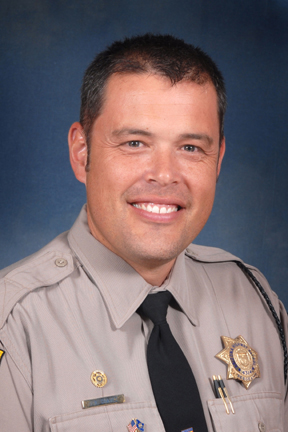State’s pension system in good shape

“Once people understood that the cost to the state from changing over from a defined benefit pension to a 401(k) was going to hurt the taxpayer, we knew the battle had been won.”
– Jimmy Chavez, President
Arizona Highway Patrol Association
Turns out moving people out of defined benefit pensions into 401(k)’s would cost taxpayers more.
Arizona’s public pension systems for state employees, public safety personnel and corrections officers are on a path toward financial stability, according to a study by a the bipartisan think tank, the Grand Canyon Institute.
“We are back on track, but it will take awhile to recover,” said Dave Wells, research director for the group, which has former Democratic and Republican lawmakers on its board.
The changes to the system approved by the Arizona legislature two years ago applies to those hired after July 1, 2011. The minimum retirement age was changed to 65 with five years of service, 62 with 10 years of service, 60 with 25 years of service and 55 with 30 years of service. If an employee retires and returns to work, as in the case of a teacher, employers must pay back any money the state would have paid toward the employee’s pension fund.
Other changes increased the contribution rate of the Public Safety Personnel Retirement System to 9.5 percent and decreased the amount of benefits the pensions would receive if the portfolio performed above 9 percent in a year. The study also noted that Arizona now follows best practices for public pension plans as laid out by the National Institute on Retirement Security.
Some states have moved from defined-benefit to defined-contribution plans, where employers and new employees pay into 401(k)-style that fluctuate up and down with the market. But the Grand Canyon Institute report said moving public employees into 401 (k)’s would actually increase the cost to Arizona taxpayers.
“Once people understood that the cost to the state from changing over from a defined benefit pension to a 401(k) was going to hurt the taxpayer, we knew the battle had been won” said Jimmy Chavez, the president of the Arizona Highway Patrol Association. “Getting people to understand that fact was the key to keeping our pensions.”
But Chavez cautions that getting the state’s pension funding on solid ground is a long- term process. “We are on the right track but we’re still talking a 10 to 15 year process. This is not an overnight deal and it’s been hard for some of these politicians to understand that.”














